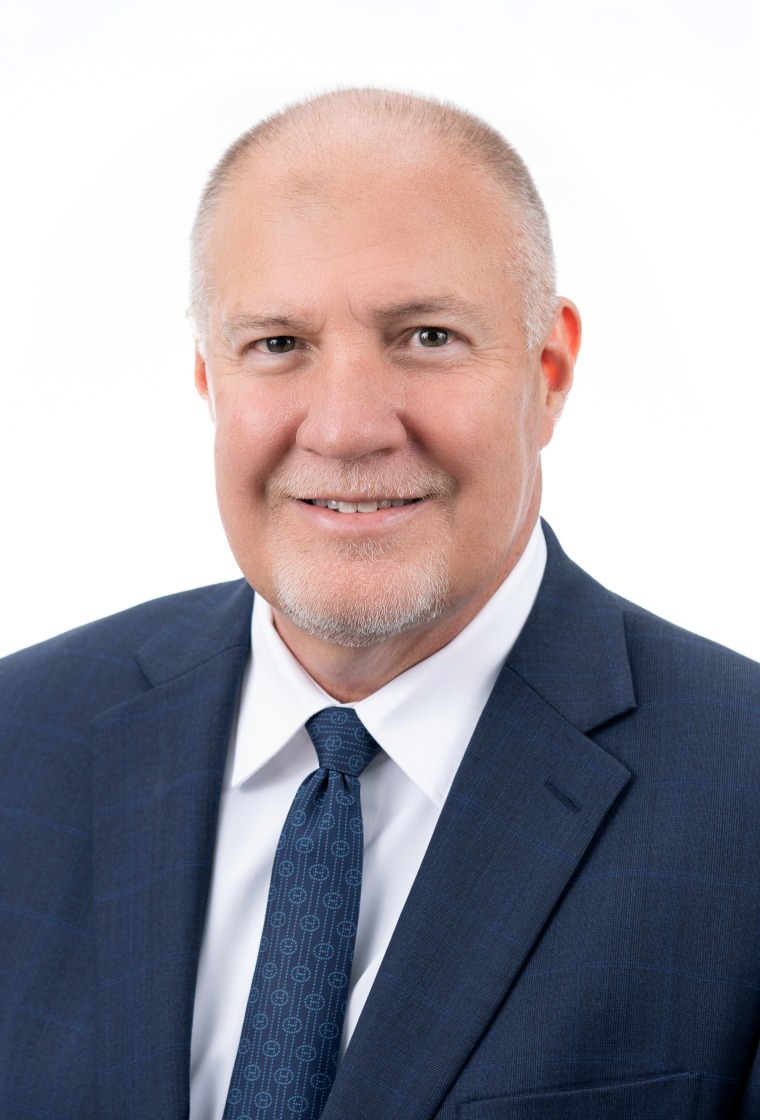LSI Seminar Series: Scott Summers, Ph.D., University of Utah
Ceramides and the two phases of lipotoxicity
Overnutrition, physical inactivity and genetic aberrations promote the accumulation of fat-derived molecules in tissues not suited for lipid storage, leading to tissue dysfunction that underlies diabetes and cardiovascular disease. Of the myriad lipids that accumulate, sphingolipids such as ceramides may be among the most deleterious, as they alter metabolic programs and induce apoptosis and fibrosis.
In humans, serum ceramides are strong biomarkers of diabetes and major adverse cardiac events, and clinics have started measuring circulating ceramides as markers of disease risk. In rodents, inhibiting ceramide biosynthesis ameliorates diabetes, steatohepatitis, and heart failure. Summers will discuss the therapeutic potential of a new approach to inactivate ceramides and combat these metabolic pathologies.
Speaker

Scott Summers, Ph.D., has been a leading voice advancing the idea that ceramides, which are products of fat and protein metabolism that accrue in dyslipidemia or inflammation, contribute to the pathogenesis of diabetes and its complications in the heart, liver, gut and kidney. Although the idea was initially controversial, the role of ceramides as drivers of pathology is now widely accepted and clinics have started measuring ceramides as a means of assessing disease risk. In 2015, he co-founded Centaurus Therapeutics, a USA-based biotechnology company that is developing new ceramide-lowering therapeutics to combat the metabolic underpinnings of metabolic disorders.
Prior to joining the University of Utah, Summers held faculty appointments at Duke University and its affiliated medical school in Singapore (Duke-NUS); the Baker Heart and Diabetes Institute in Melbourne, Australia; and Colorado State University in Fort Collins, Colorado. He completed his B.S. at Indiana University, his Ph.D. at Southern Illinois University, and his postdoctoral training at the University of Pennsylvania.


